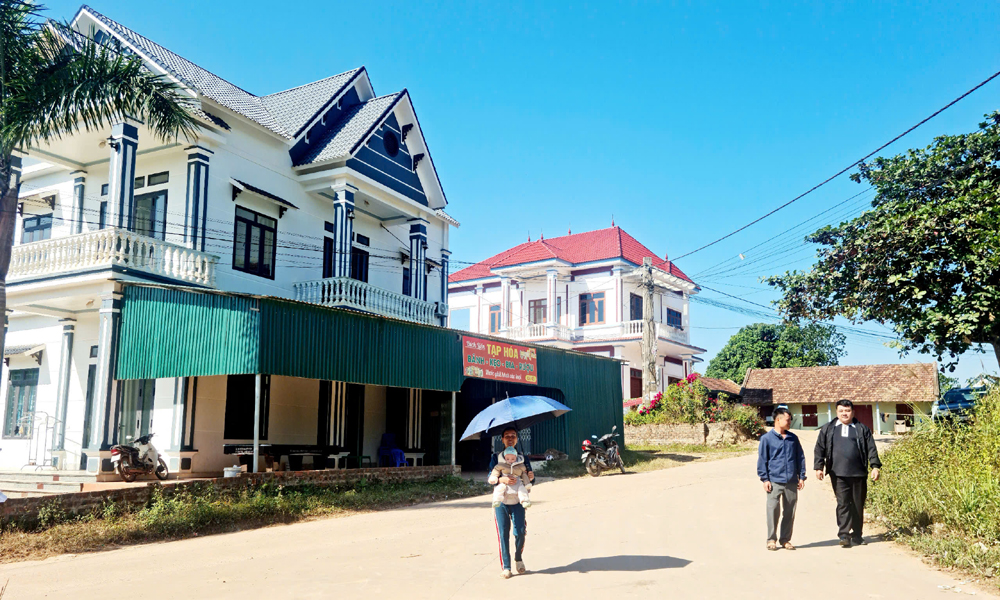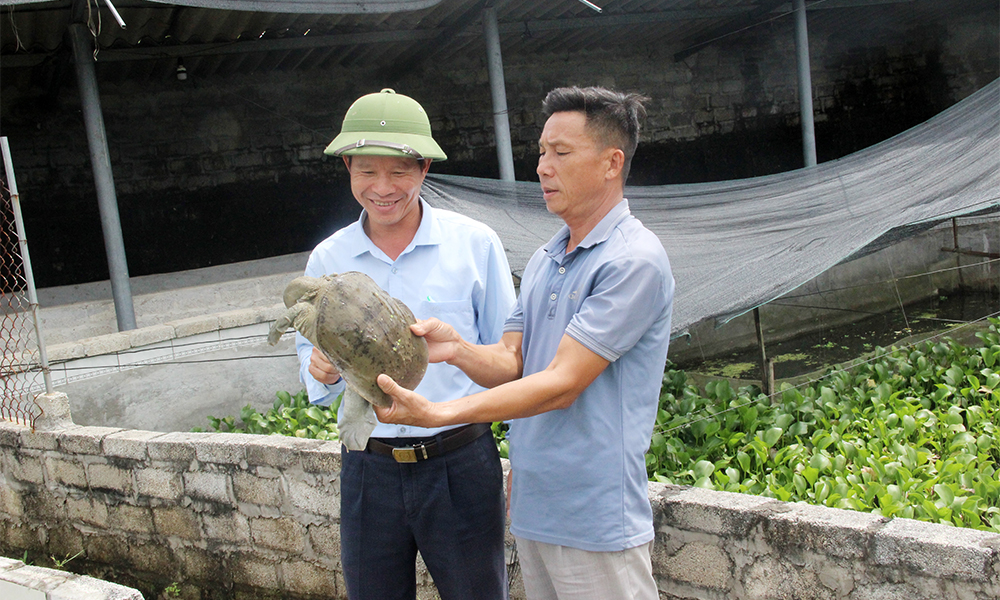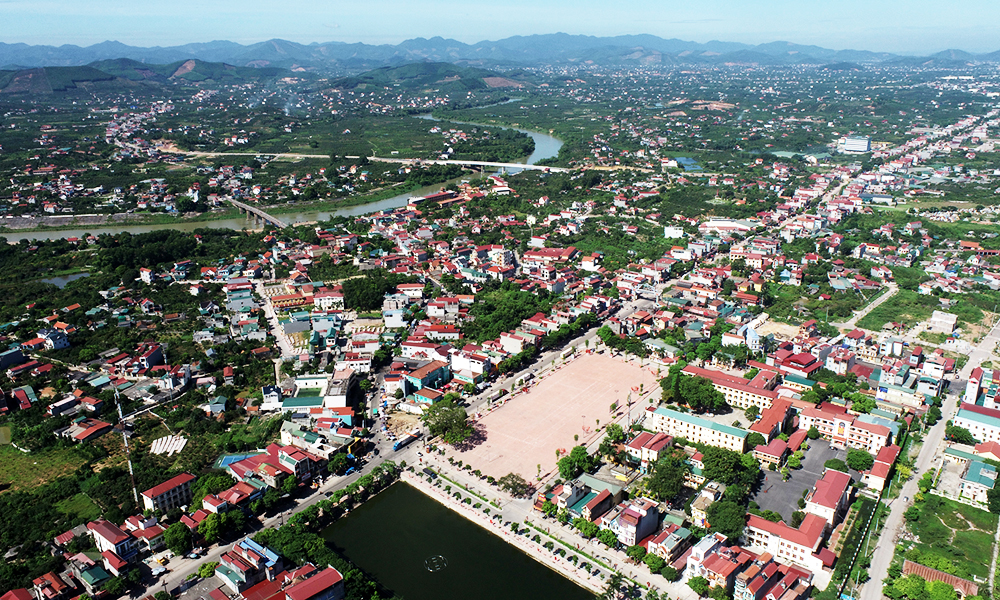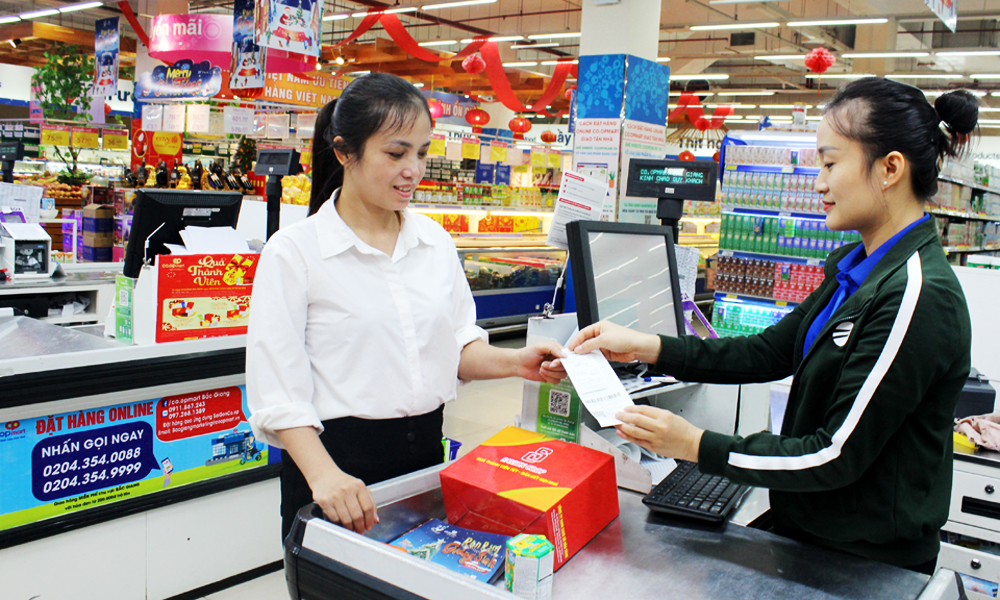Sustainable supply chains to help reinforce foothold of Vietnamese goods
Vu Van Phuong, a representative of the organising board of the high-quality Vietnamese goods survey 2024, said survey results show that traditional retail channels, especially specialised shops, groceries, and authorised stores, still dominate the supply of most consumer products. Distribution channels are flexible to new selling methods like via social media as well as to non-cash payment via e-wallet or online money transfer.
 |
|
A space for Vietnamese goods at a supermarket. |
Online shopping has continued to grow strongly in Vietnam’s retail market, he said, noting that to meet demand, sellers have boosted livestream selling – a method expected to boom in the time ahead.
The Ho Chi Minh City Department of Industry and Trade reported that with a growth rate of 37% in e-commerce revenue, this city boasts the largest and fastest-growing e-commerce market in Vietnam.
In 2023, HCM City posted the biggest e-commerce sales – 6.2 billion USD, equivalent to 29% of the total nationwide. Meanwhile, the sales as calculated according to stores’ locations reached 4.7 billion USD to account for 23% of the total, statistics show.
E-commerce revenue increased, but the number of online sellers declined 18.52%, indicating that the e-commerce market is becoming more selective and witnesses fiercer competition as consumers prioritise reputable sellers. Therefore, it will be hard for those without appropriate strategies to survive in the market, the department said.
Tran Kim Yen, President of the Vietnam Fatherland Front Committee of HCM City and deputy head of the local steering board for the “Vietnamese people prioritise Vietnamese goods” campaign, said that one of the focal measures the steering board is promoting is to develop sustainable Vietnamese goods supply chains that must be truly modern, transparent, safe, and efficient.
The businesses involved in those supply chains must uphold the spirit of transparency, responsibility, honest production, and honest distribution, she noted.
The formation of such supply chains for Vietnamese goods will provide a prerequisite for building proper production orientations and improving goods quality so that made-in-Vietnam products will become able to compete with imports and enter demanding foreign markets.
Source: VNA
 Bắc giang
Bắc giang














Reader's comments (0)